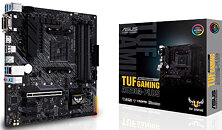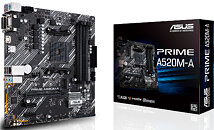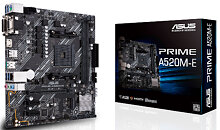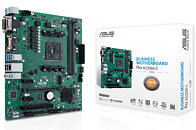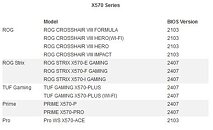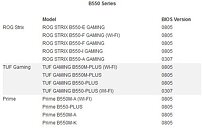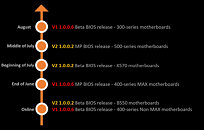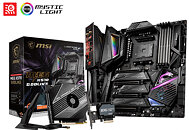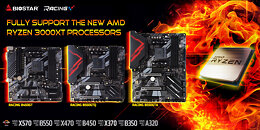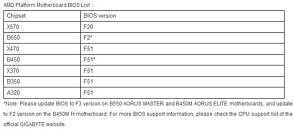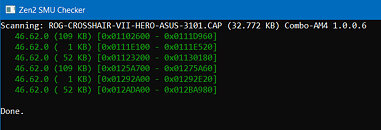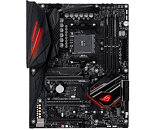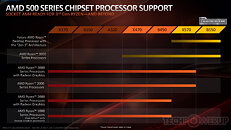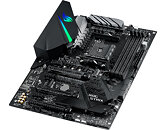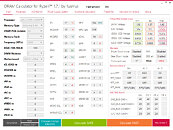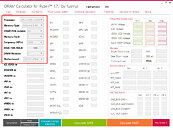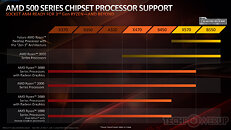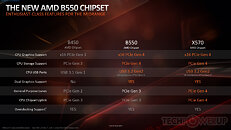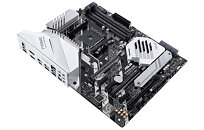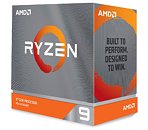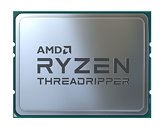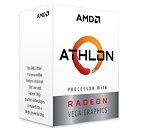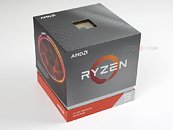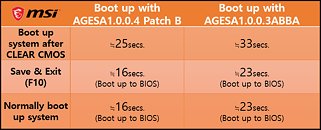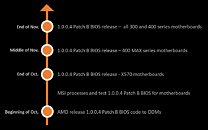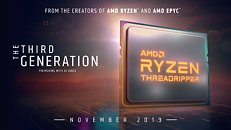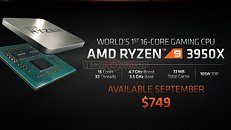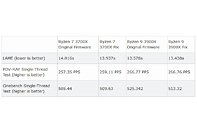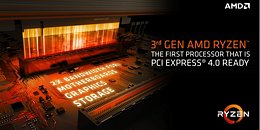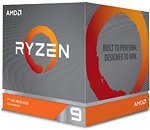
ASUS Announces A520 Motherboards
ASUS today announced the new A520 chipset motherboards for its TUF Gaming, Prime and Pro series. The AMD A520 chipset is the successor to the A320 chipset, and features PCIe 3.0. Designed to cater to a wide range of needs, these motherboards feature a 32 MB BIOS flash ROM, and support future AMD Ryzen Zen 3 architecture CPUs and APUs.
ASUS A520 motherboards can be paired with an AMD APU to create a budget-friendly gaming rig or workstation, making them ideal for DIY PC users and small to medium-sized businesses. ASUS is also pleased to announce that its R&D team broke the existing world memory frequency record, setting DDR4- 6666 on ROG Strix B550-I Gaming, using the AMD Ryzen 4700GE processor and Crucial Ballistix MAX memory.
ASUS A520 motherboards can be paired with an AMD APU to create a budget-friendly gaming rig or workstation, making them ideal for DIY PC users and small to medium-sized businesses. ASUS is also pleased to announce that its R&D team broke the existing world memory frequency record, setting DDR4- 6666 on ROG Strix B550-I Gaming, using the AMD Ryzen 4700GE processor and Crucial Ballistix MAX memory.
